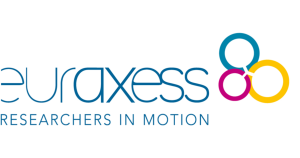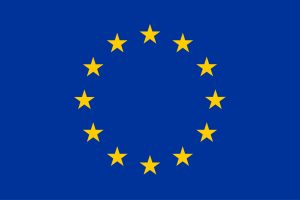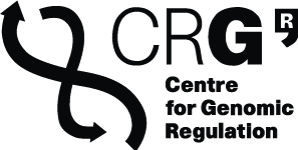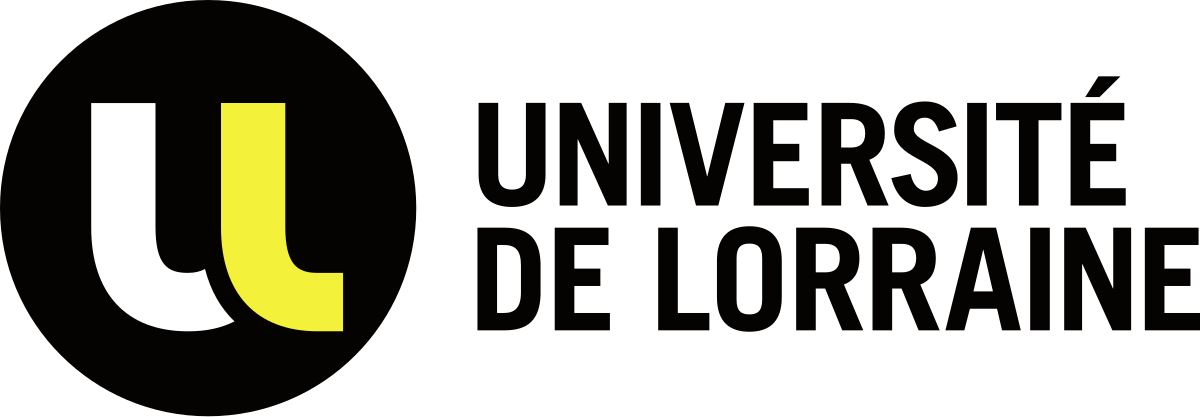Recruitment
14 PhD opportunities in cancer research
All PhD projects at the glance
Eligibility criteria
As part of the Horizon Europe MSCA-DN Project, all applicants must meet the following eligibility criteria
General requirements
Candidate profile
You hold or are about to obtain a Master’s degree in a relevant field
You are motivated to pursue a doctoral degree through an individual research project
You demonstrate a strong academic track record
You have a solid scientific background, possibly with prior relevant research experience
You are open to international mobility, in line with the MSCA-DN framework, and are willing to participate in international meetings, training sessions, and secondment
You are enthusiastic about sharing your research findings through impactful posters, compelling presentations, and high-quality publications in international journals and conferences and to the general public
Fluent in English, both spoken and written

Steps to join the EURECA programme
Recruitment process overview
Field of research and keywords
Official EU resources and documentation

Guidance for MSCA Doctoral Fellows from the Publications Office of the European Union

Equal opportunities statement
DC Recruitment for EURECA will be carefully executed and monitored in accordance with the principles of the European Charter for Researchers, the Code of Conduct for the Recruitment of Researchers and in the MSCA DN mobility rules as specified in the Horizon Europe Work Programme 2023-2025. EURECA aims for a representative gender balance amongst the researchers to be recruited, based on an equal opportunity policy during the recruitment phase.












